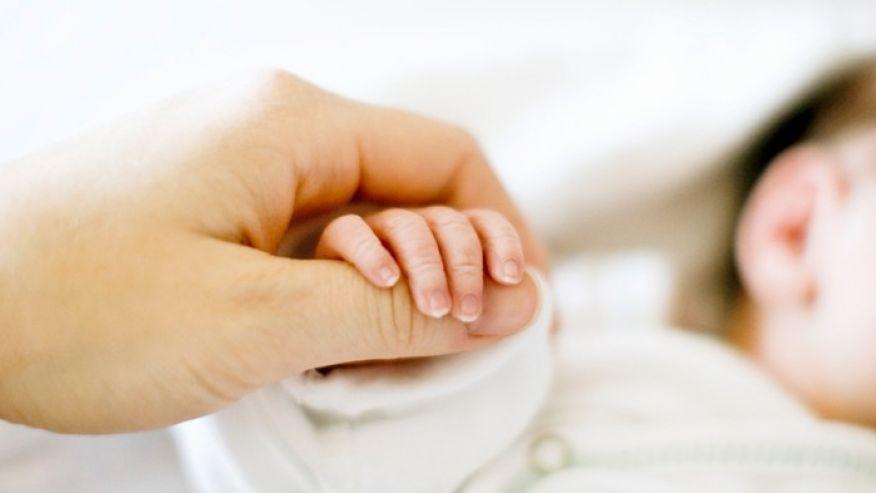
When parents have lost a baby to sudden infant death syndrome (SIDS), doctors may fear that discussing the risk factors will distress them or cause them to blame themselves. But a new study suggests parents want more information.
When the cause of an infant’s death is unclear after a detailed investigation, it’s classified as SIDS. Although the exact cause of SIDS isn’t known, some factors, like putting the baby to sleep face down, or using soft bedding, do increase the risk.
Study leader Dr. Joanna Garstang of the University of Warwick in Coventry, U.K., wondered, Does it upset parents more to give them detailed information on the role of smoking, where the baby slept, distressing them with “what if” scenarios?
She told Reuters Health by phone that in her interviews with parents, “all of them asked the ‘what if’ questions anyway and having detailed answers didn’t hurt. They really wanted to know in as much detail as possible, why did my baby die.”
She interviewed 21 sets of parents who had lost a baby and undergone a SIDS investigation between 2010 and 2013, asking them about their understanding of their infant’s death and the risk factors found during the legally required investigation. Garstang visited the parents at home and interviewed them about a year after their child died, and once again after another year had passed.
Parents described the events leading up to the death, their understanding of why the baby died, and their health after the death.
Seven babies had died from fully explained medical causes, like underlying congenital heart disease, and 14 remained unexplained and were categorized as SIDS.
Afterwards, Garstang briefly interviewed 14 police officers, 10 pediatricians, two specialist nurses and two social workers who had taken part in the investigations.
For explained deaths and SIDS, parents expressed a need to understand why their baby died, and most waited at least four months for the postmortem investigation results. Some SIDS parents felt cheated by the lack of complete explanation for their child’s death.
Several SIDS parents understood the modifiable risk factors for SIDS, like co-sleeping with an infant in bed or parental smoking, even when these risks had been involved in their own child’s death.
Some pediatricians told Garstang they feared that discussing risk factors with parents would result in parental self-blame, and some deliberately avoided the discussion. Yet more than half of parents did not mention blame or blamed no one, as reported in BMJ Open.
Three of the 21 mothers who lost a baby to SIDS expressed overwhelming self-blame and had clinically significant anxiety or depression.
“SIDS is still a mystery,” Garstang said, although it usually involves a vulnerable baby and an external stressor like exposure to parental smoking or soft bedding where they slept.
About 1,500 babies under age one died of SIDS in 2014 in the U.S., according to the Centers for Disease Control and Prevention.
SIDS is incredibly rare but it can happen more than once in the same family, so discussing the risk factors with bereaved parents is even more important, Garstang said.
“No parent in the study intended any harm to come to the child,” Garstang said. “It’s a difficult, sensitive discussion to have, but if you ignore it, often parents are scared to ask.”
Source: Reuters
 FR
FR EN
EN AR
AR








